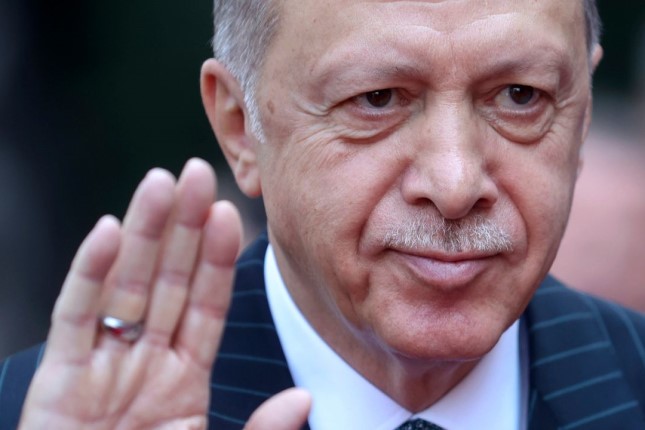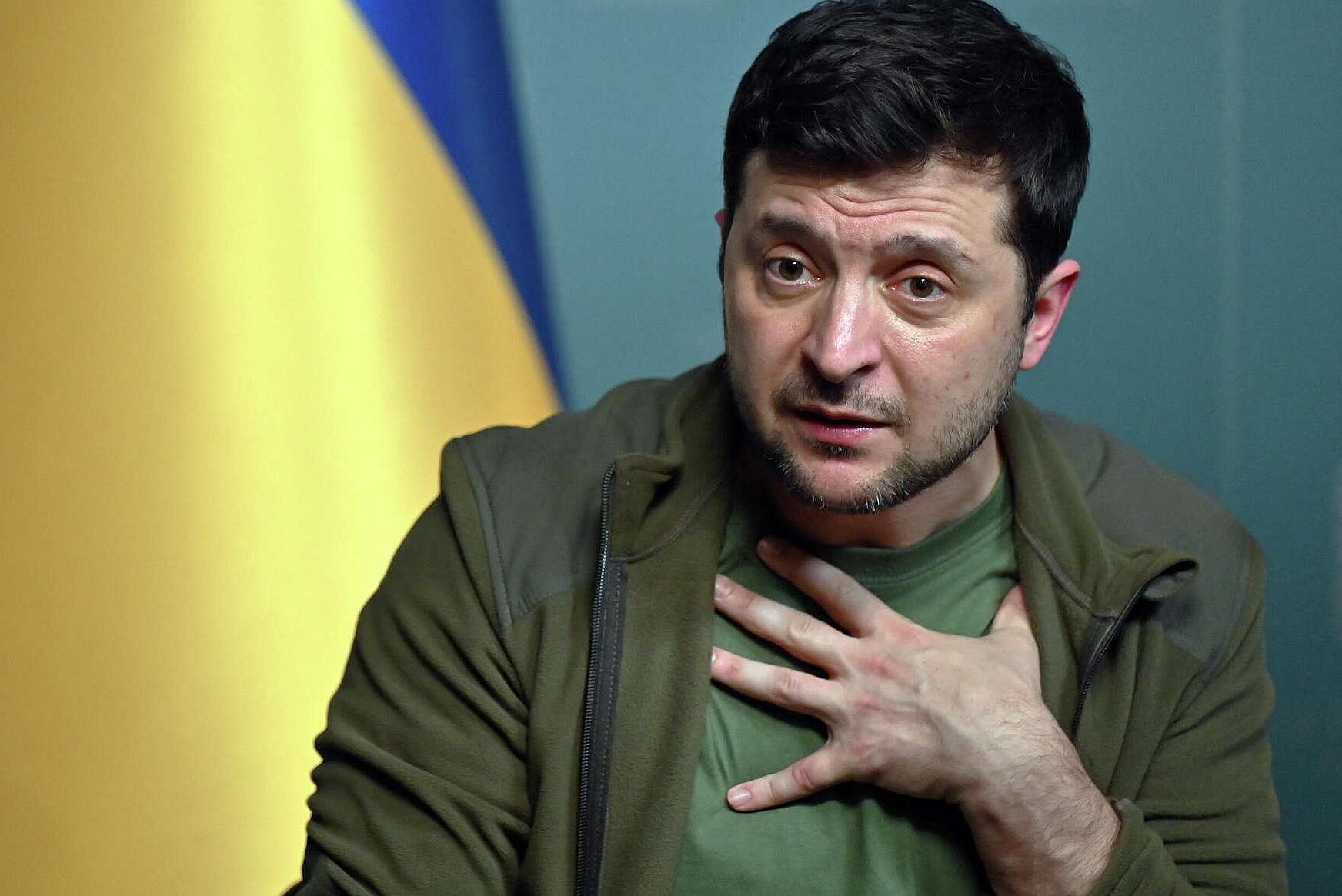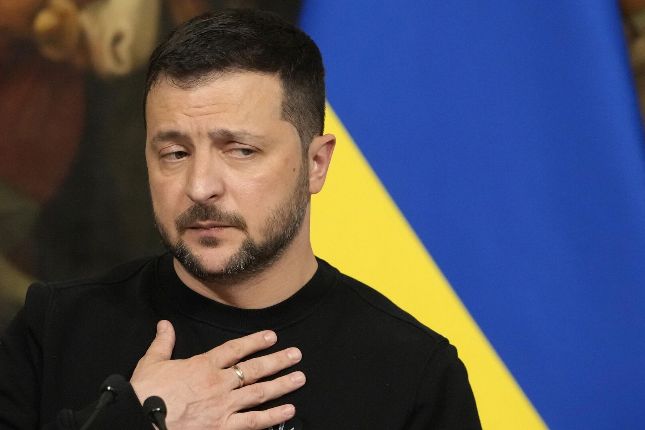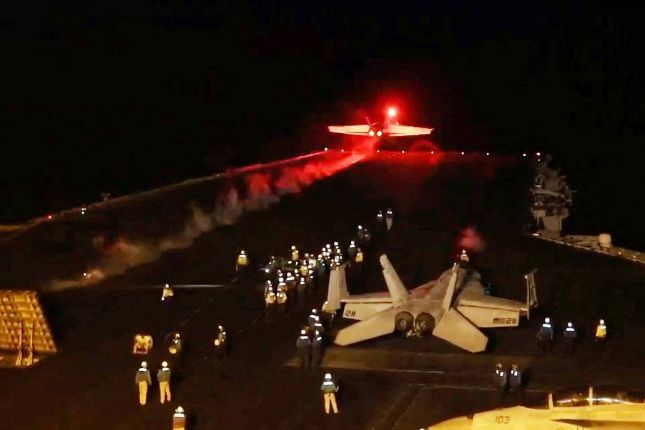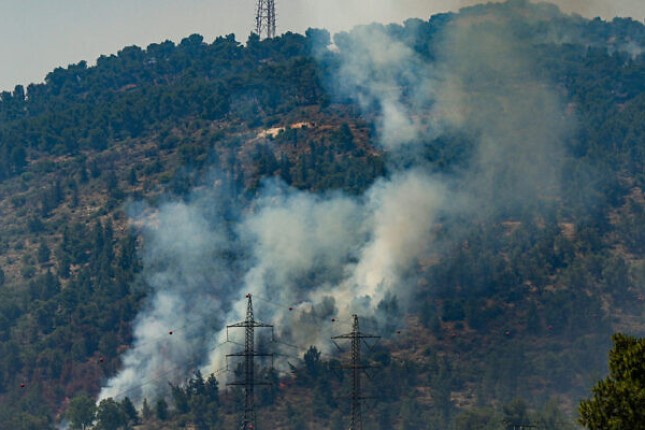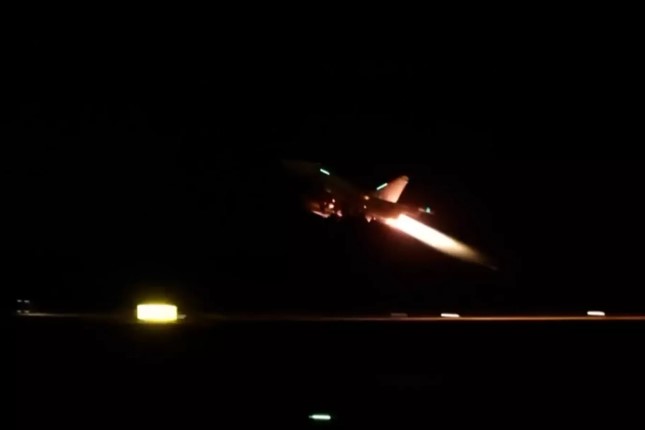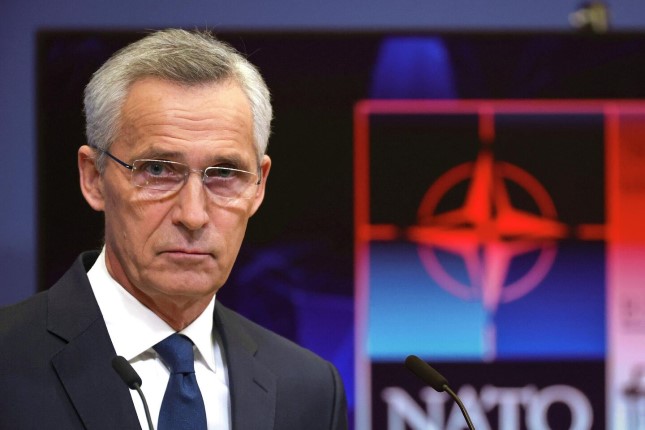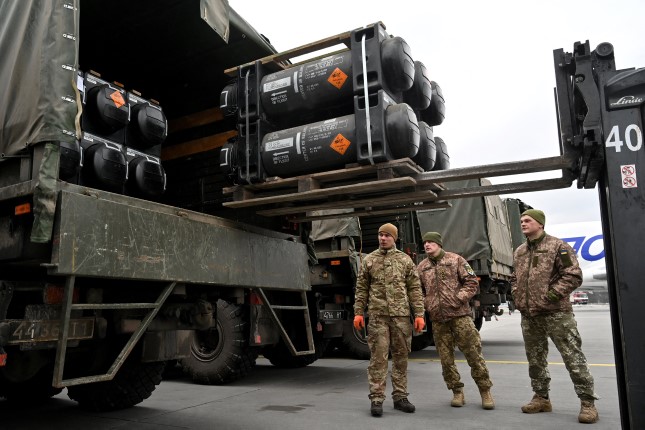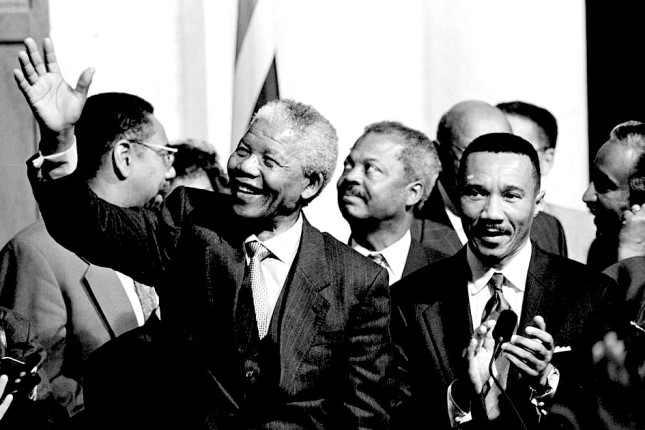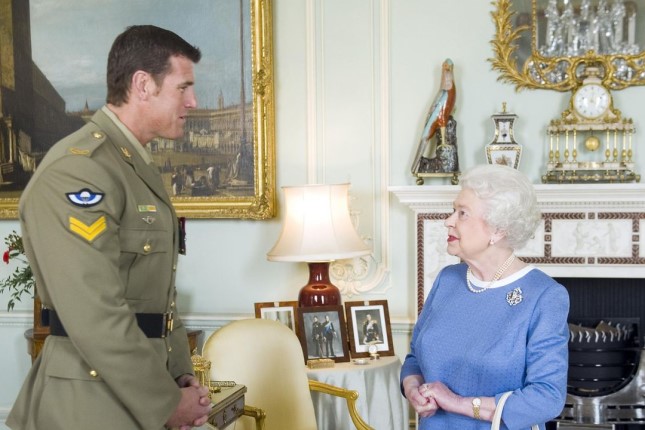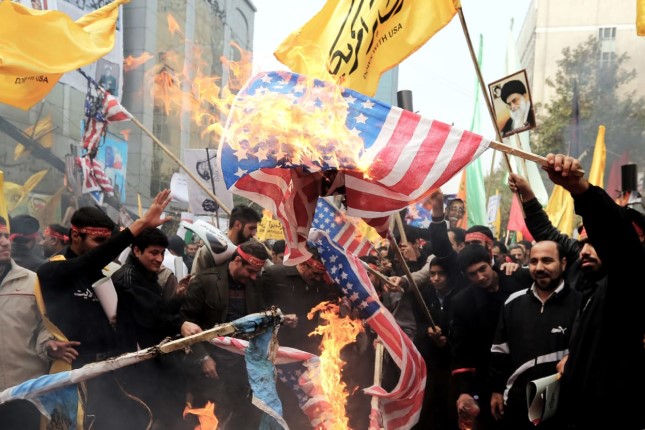Erdoğan, the Justice and Development Party (AKP) candidate, won 52.14 percent of the votes, while Republican People’s Party (CHP) leader Kılıçdaroğlu received 47.86 percent. The difference in votes between the two candidates was nearly 2.3 million. Kılıçdaroğlu and his National Alliance conceded last night to Erdoğan.
Erdoğan increased his votes by about 600,000 compared to the first round, while Kılıçdaroğlu’s votes increased by about 830,000. Voter turnout dropped in 80 out of 81 provinces. However, the most notable drop in Kılıçdaroğlu’s votes occurred in Kurdish provinces, where the Kurdish-nationalist Peoples’ Democratic Party (HDP), which supported him in both rounds, is the first party in the region.
Erdoğan was ahead in 52 provinces, while Kılıçdaroğlu, who was ahead in 29 provinces, increased his vote in Turkey’s three largest cities: Istanbul, Ankara and İzmir. As in the first round, Kılıçdaroğlu came first in the Aegean and Mediterranean coasts and in most Kurdish-majority provinces in the east and southeast. Erdoğan won elections outside these areas and in all provinces except Ankara, Eskişehir and Tunceli.
As the World Socialist Web Site and the Sosyalist Eşitlik Grubu have explained, these elections saw two pro-imperialist right-wing candidates running. Erdoğan’s reelection does mean that he is popular, or that his policies have popular approval. In reality, Erdoğan, who ran for president for the third time in violation of the constitution, for the first time in his career failed to win the election in the first round, and won by a small margin in the runoff.
Erdoğan has suffered a significant loss due to the opposition among workers and youth to his deadly responses to the COVID-19 pandemic and the earthquake disaster on February 6, as well as the worsening cost-of-living crisis amid NATO’s war against Russia. He resorted to a phony “anti-imperialism” and populism to try to stop this decline, taking advantage of his rival’s open orientation to the widely hated NATO imperialist powers. Kılıçdaroğlu had pledged to bring Turkey even deeper into NATO’s war with Russia.
This election result points more to the political bankruptcy of Kılıçdaroğlu’s campaign and its alliance than to Erdoğan’s slim success. NATO’s war on Russia, which increasingly threatens the world with a nuclear catastrophe, played a central role in the election. Kılıçdaroğlu made no secret of his orientation towards the US-led NATO powers, accusing the Russian government of interfering in the elections before the first round without providing any evidence.
Adopting the TÜSİAD business federation’s economic program, Kılıçdaroğlu pledged to develop ties with financial circles in London and New York and proposed an anti-worker austerity program to address the economic crisis.
After the first round on May 14, Kılıçdaroğlu signed an election protocol with the far-right Victory Party. He built his campaign largely around a platform of deporting millions of innocent refugees and waging a “war on terror” targeting Kurds.
The Kurdish-nationalist People’s Democratic Party (HDP) and numerous pseudo-left parties like the Stalinist Workers’ Party of Turkey (TİP) hailed Kılıçdaroğlu as a “democratic” alternative to the “authoritarian” Erdoğan. But in reality, Kılıçdaroğlu ran a fascistic campaign against refugees, whom he blamed for all the social problems flowing from the capitalist crisis. Yesterday’s election results show that this reactionary appeal to xenophobia and chauvinism did not find support among broad sections of the population.
Erdoğan gave a victory speech at midnight at the presidential palace in Ankara, continuing the populist rhetoric of his campaign. “The winner is not only us, the winner is Turkey,” he said, adding: “We said that when we win, the only losers will be the owners of dirty scenarios about our country and their apparatuses, terrorist organizations and loan sharks.”
Erdoğan denounced his NATO allies who didn’t hide their preference for Kılıçdaroğlu in the election. “Didn’t German, French and British magazines publish covers to beat Erdoğan? They also lost. You have seen the alliances that have been formed against us for months. You have seen who is with whom. They failed and they will not succeed from now on,” he said.
Kılıçdaroğlu also spoke to rule out his resignation as CHP leader, pledging to maintain his bankrupt and reactionary political line. Once again, Kılıçdaroğlu attacked the most vulnerable sections of the population. He declared that he was against refugees, the overwhelming majority of whom live in deep poverty without basic rights, because they “encroach the rights” of Turkish citizens.
“We have witnessed the most unfair election process in recent years. All the resources of the state were mobilized for one political party and one man,” Kılıçdaroğlu claimed, adding: “The CHP and the Nation Alliance are fighting on all fronts with all its possibilities. We will continue to be at the forefront of this struggle until genuine democracy comes to our country. Our march continues and we are here.”
The first reactions of the major NATO powers reflected their plans to involve Turkey, a strategic ally in the Black Sea, in their aggressive policy against Kremlin, to escalate the war with Russia. Accordingly, the leaders of France, Germany and the United States issued messages congratulating Erdoğan.
French President Emmanuel Macron tweeted in Turkish and French, stating: “France and Turkey have immense challenges that we must face together. Let us return to peace in Europe, the future of our euro-Atlantic alliance, and the Mediterranean Sea. With President Erdogan, whom I congratulate for his re-election, we will continue to advance.”
German Chancellor Olaf Sholz also emphasized his willingness to work with Erdoğan. He said, “Germany and Turkey are close partners and allies, our peoples and economies are deeply intertwined. I congratulate President Erdoğan. Together we want to advance our common agenda with new momentum!”
Similarly, US President Joseph Biden declared: “Congratulations to President Recep Tayyip Erdogan of Türkiye on his re-election. I look forward to continuing to work together as NATO Allies on bilateral issues and shared global challenges.”
Russian President Vladimir Putin, who congratulated Erdoğan before Turkey’s NATO allies did, expressed his hope that Ankara would continue on its current foreign-policy course. Putin said: “We highly appreciate your personal contribution to strengthening friendly Russian-Turkish relations and mutually beneficial cooperation in various fields. I would like to reaffirm our readiness to continue our constructive dialogue on topical issues of bilateral, regional and international agenda.”
Putin is likely relieved that this election result prevented an even more rabidly hostile candidate, Kılıçdaroğlu, from taking office. However, under Erdoğan, the Turkish government has fully supported NATO and Ukraine politically and militarily, even if it did not join the sanctions the NATO powers imposed upon Russia. Indeed, Erdoğan’s support proved critical to allowing Finland to join NATO against Russia.
Moves by NATO powers to arm Ukraine with F-16s and other advanced weaponry against Russia increasingly threaten to widen the war and lead to direct NATO intervention. Last week, 140 kilometers northeast of the Bosporus, a Russian ship guarding the TurkStream and Blue Stream pipelines between Russia and Turkey was attacked by Ukrainian naval drones.
The outcome of the elections in Turkey will not solve any problems facing working people in Turkey. It will not resolve the NATO-Russia war a few hundred kilometers to the north or the cost of living crisis rooted in a global surge of inflation. Faced with a deepening economic crisis, the Erdoğan government plans to escalate its social onslaught against the working class, which will inevitably lead to bitter class struggles.
Photo: Turkey's President Recep Tayyip Erdogan in Sarajevo, Bosnia, on September. 6, 2022 © AP Photo / Armin Durgut.
Source: World Socialist Web Site.
